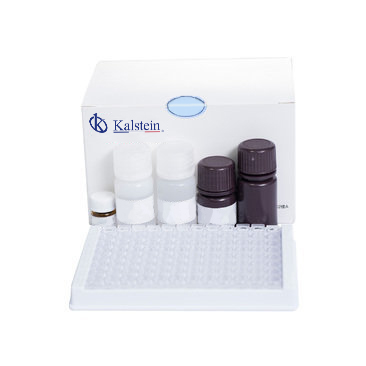Reagents are a tool used to measure the degree to which central chemical compounds react with each other. These reagents are chemicals used to identify the composition of chemical reactions. Although reagents are commonly known as chemicals used in examinations, they actually have a much wider number of uses and applications.
What can reagents identify in a laboratory
They can be used to examine the nutrient content in food, to conduct medical tests in a laboratory, to identify chemical elements in nature, and to measure emissions of certain chemical compounds.
Reagents are used to study how different chemical compounds interact with each other. These chemical reagents allow scientists to study the effects of the chemical reaction, such as the production of new molecules or the release of energy.
Chemical specialists identify different compounds when using the reagents
By reacting with chemical compounds in a substance, reagents can identify the chemical compounds present and sometimes even reveal their exact composition. This can be particularly useful in identifying and converting chemical compounds to their elemental state, such as identifying elements present in minerals and metals.
Reagents have many uses in the medical field. Laboratory tests are done with reagents to help detect disease. These tests include antibiotic susceptibility testing, analysis of body fluids, and genetic testing.
The reagents are used to examine the different existing cells
Doctors can use the reagents to examine human cells and determine what kind of disease they are facing. They are also used to remove blood samples and urine tests to determine the content of nutrients and chemicals in the body.
Other uses of reagents include identifying organic compounds in the environment and measuring contamination levels. Chemical reagents can identify contaminating compounds and their contaminant content. This is particularly important in measuring emissions of greenhouse gases such as carbon dioxide.
The reagent is decisive when making medical diagnoses in its different areas
Reagents are also used to diagnose different types of bacteria and viruses and to determine whether a substance is a drug or another compound. Reagents are also used to study combustion and propulsion processes.
For example, they are used to study chemical compounds produced by gasoline engines and internal combustion engines, as they are primarily responsible for the production of these compounds. This helps to better understand the combustion process and helps to develop more efficient engines.
In short, reagents are a very versatile tool that is used to study the chemical composition of compounds and the degree to which they react.
At Kalstein we offer you the necessary reagents for your laboratory
For the purchase of any reagent when you need to do a study in the laboratory just visit our website HERE so that you enjoy great offers and the best prices, besides only we as MANUFACTURERS can guarantee your effective purchase.
In conclusion, they are commonly used to do clinical examinations in medical laboratories, to identify specific compounds in nature, to control environmental pollution and to study the combustion process and propulsion. The reagents can provide an invaluable understanding of nature’s chemistry and aid research in many different fields. HERE

